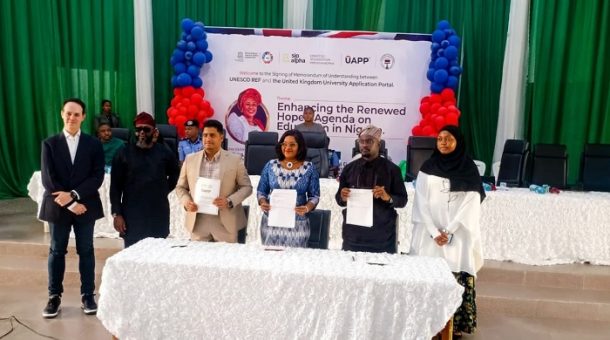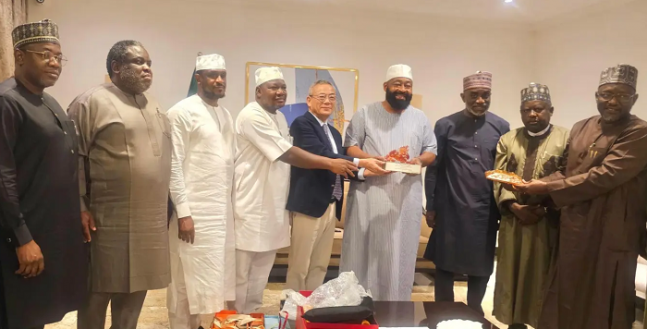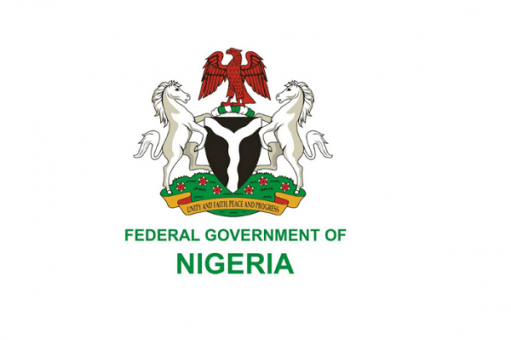
Mike Ozekhome, a prominent Senior Advocate of Nigeria (SAN), calls on President Bola Tinubu to demonstrate strong political leadership in order to establish a constitution that truly reflects the needs and aspirations of the Nigerian people. Ozekhome’s appeal emphasizes the importance of crafting a “people-centred” constitution that prioritizes the welfare and rights of the citizens, suggesting that such a fundamental legal framework could significantly impact Nigeria’s political and social landscape. This push aligns with ongoing discussions about constitutional reforms and the quest for a more representative and effective governance structure in Nigeria.
He urges President Bola Tinubu to provide decisive political leadership in crafting a new constitution that genuinely addresses the needs and aspirations of Nigerians. Ozekhome advocates for a “people-centred” constitution that focuses on the welfare and rights of citizens, believing that such a foundational legal framework could profoundly influence Nigeria’s political and social environment. His call aligns with ongoing efforts to reform the constitution and develop a more representative and effective governance system in the country.
Ozekhome criticized the 1999 Constitution as military-imposed and lacking legitimacy, emphasizing the need for an indigenous, people-centric constitution to correct Nigeria’s current trajectory. He argued that Nigeria is still searching for true nationhood and unity, and stressed that any new constitution must be approved through a public referendum to ensure it reflects the will of the people.
When asked about the process for creating a new constitution, Ozekhome affirmed the need for a constituent assembly, which can only be established through legislation passed by the National Assembly. Once drafted, the constitution would need to be signed by the President. He emphasized that the form of governance, such as a unicameral legislature, should reflect the will of the people, as democracy requires decisions to be made by the citizens themselves.
Ozekhome argued that Nigeria’s political system, likened to a car with a broken engine, needs fundamental change rather than superficial fixes. He emphasized that addressing underlying issues is crucial to resolving persistent problems like mutual suspicion and religious intolerance.
Ozekhome emphasized that while economic reforms are important, they should not overshadow the need for a people-centered constitution. He urged the National Assembly to agree on a new constitution to address Nigeria’s issues effectively.
His comments reflect concerns raised in the 2014 National Conference Report, which proposed constitutional amendments, community policing, fiscal federalism, and restructuring. Organized by then-President Goodluck Jonathan, the conference, chaired by the late Justice Idris Kutigi, involved 494 participants over five months and cost approximately N10 billion. It produced over 600 recommendations aimed at restructuring Nigeria’s political, economic, social, and security systems. Despite these comprehensive suggestions, successive administrations have yet to implement them.





